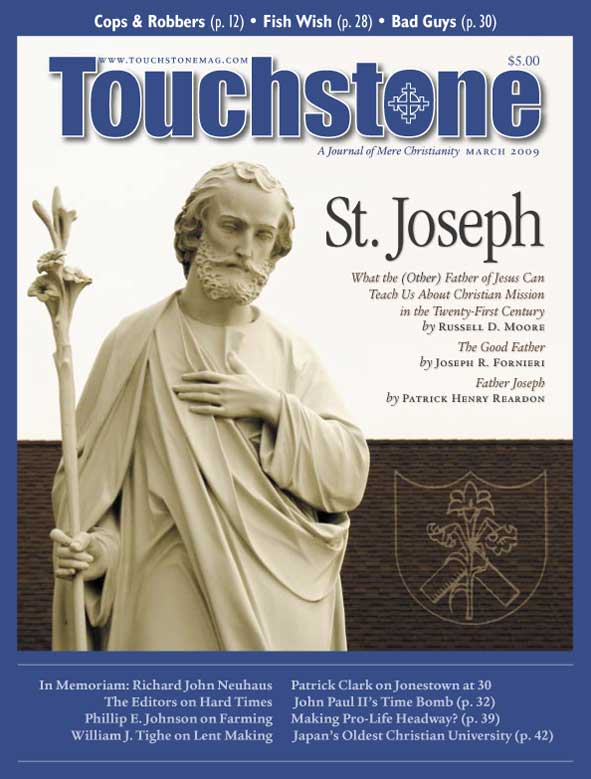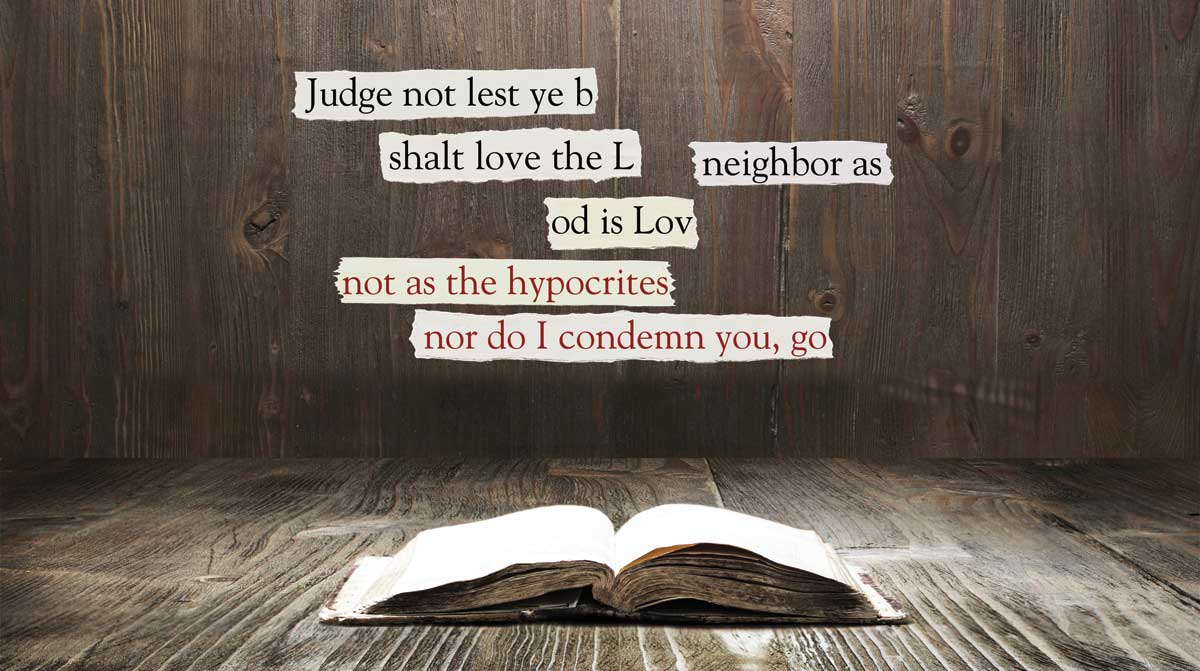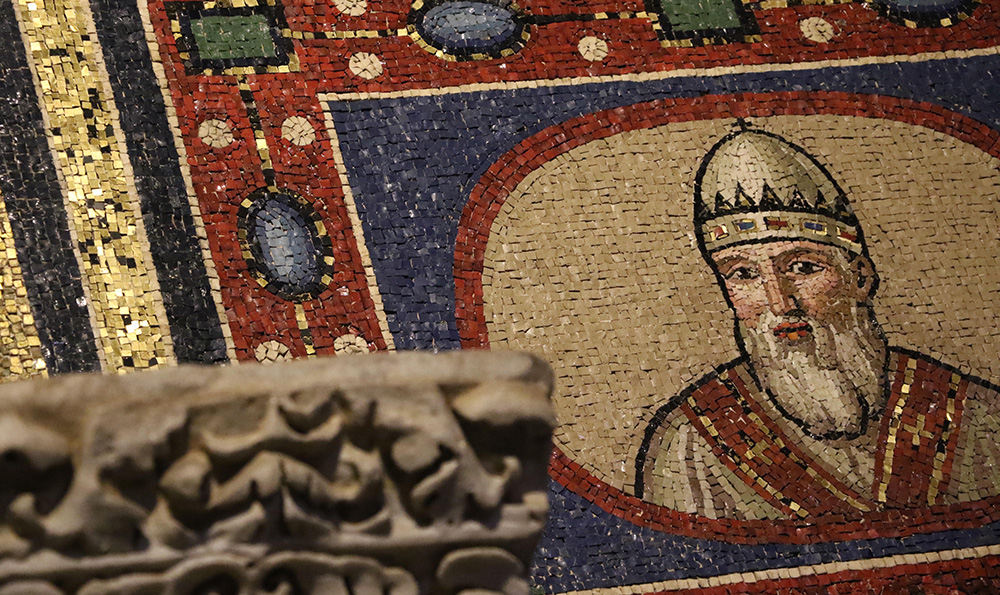Feature
The Cup of the Lord
Reflections on the Difference Between Martyrdom & Suicide Thirty Years After Jonestown
This past November 18th marked the thirtieth year since the massacre at Jones-town, where nearly a thousand members of the People’s Temple—followers of the charismatic preacher and activist Jim Jones—committed suicide in the jungles of Guyana. Most died by voluntarily drinking cyanide-laced Kool-Aid, thus establishing the common American colloquialism we know today cautioning against the manipulative and destructive effects of brainwashing.
Thirty years later, it is just as easy as ever to write off Jonestown as yet another example of cultic exploitation of a group of people who were naïvely utopian, overly credulous, or psychologically vulnerable. And yet there remains a certain perennial fascination with the event: Whether because it seems to provide an ever-fresh source of sensationalistic scandal to documentarists, or because it remains an ever-potent reminder of the dangers of overly premeditated communitarianism, it continues to haunt the American psyche, and especially the psyche of American Christians.
Why does the People’s Temple massacre maintain its hold on the American Christian psyche? I see two main reasons: first, because we rightly see it as a particularly perverted outgrowth of the distinctive sect-welcoming atmosphere of American Christianity; and second, because its grotesque deformation of the faith was in itself so undeniably demonic. It is the latter reason I want to take as the focus of some reflection.
Sacrifice to Demons
The Apostle Paul writes to the Corinthians—a community whose scandals might have rivaled Jonestown’s—“You cannot drink the cup of the Lord and the cup of demons too; you cannot have a part in both the Lord’s table and the table of demons” (1 Cor. 10:21). The Eucharistic parallelism of the Jonestown massacre—the fact that the community assembled in their customary place of worship and lined up in the aisles to drink from a common cup that would irrevocably manifest their fidelity—must strike even the least sacramental of believers as diabolically blasphemous.
Even on the most basic human level, one senses a degree of evil here that, though not unprecedented or unsurpassed, stings and bewilders in its forthrightness. Those who cannot bring themselves to call it demonic must at least feel the inadequacy of any less robust term for the sacrifice of the community’s children and elderly, which Jones made sure took place before the others.
“My opinion,” said Jones once the vat was ready, “is that you be kind to children and be kind to seniors and take the potion like they used to take in ancient Greece and step over quietly because we are not committing suicide; it’s a revolutionary act.” “Everybody keep calm and try and keep your children calm,” we hear one of Jones’s followers say; “let the little children in and reassure them. They’re not crying from pain. It’s just a little bitter tasting. They’re not crying out of any pain.” “Let the little children come to me, and do not hinder them, for the kingdom of heaven belongs to such as these” (Matt. 19:14).
“Look children, it’s just something to put you to rest,” we hear Jones say as the cup is administered. “We’re doing all of this for you,” we hear another woman cry out. “They worshiped their idols, which became a snare to them,” reads Psalm 106. “They sacrificed their sons and their daughters to demons. They shed innocent blood, the blood of their sons and daughters, whom they sacrificed to the idols of Canaan, and the land was desecrated by their blood.” “Children, it will not hurt,” exhorts Jones in his final mania. “Hurry, hurry, my children, hurry. All I think ( inaudible) from the hands of the enemy. Hurry, my children, hurry.”
For the Christian, it is insufficient simply to diagnose Jones or his followers with a specific—perhaps tailor-made—psychological disorder, nor will it do simply to let the atrocity speak for itself. Jonestown is neither a puzzle to be solved nor a historiographical curiosity. As Stanley Hauerwas once remarked,
what happened at Jonestown was not just a mistake but a form of the demonic that must be recognized and condemned. What went wrong at Jonestown is not that people died for what they believed but that they died for false beliefs and a false god. Their willingness to take their own lives demonstrates the demonic character of their beliefs.
Patrick Mahaney Clark is a doctoral candidate in Moral Theology at the University of Notre Dame in Indiana. He is currently completing a dissertation on martyrdom as a moral and theological virtue. He and his wife Jennifer and their three children attend St. Michael's Byzantine Catholic Church in Mishawaka, Indiana.
subscription options
Order
Print/Online Subscription

Get six issues (one year) of Touchstone PLUS full online access including pdf downloads for only $39.95. That's only $3.34 per month!
Order
Online Only
Subscription

Get a one-year full-access subscription to the Touchstone online archives for only $19.95. That's only $1.66 per month!
bulk subscriptions
Order Touchstone subscriptions in bulk and save $10 per sub! Each subscription includes 6 issues of Touchstone plus full online access to touchstonemag.com—including archives, videos, and pdf downloads of recent issues for only $29.95 each! Great for churches or study groups.
Transactions will be processed on a secure server.
more on martyrdom from the online archives
more from the online archives

27.6—Nov/Dec 2014
Tales of Forbidden Stereotypes
Real-Life Men & Women & the Tragic Loss of Human Comedy by Anthony Esolen
calling all readers
Please Donate
"There are magazines worth reading but few worth saving . . . Touchstone is just such a magazine."
—Alice von Hildebrand
"Here we do not concede one square millimeter of territory to falsehood, folly, contemporary sentimentality, or fashion. We speak the truth, and let God be our judge. . . . Touchstone is the one committedly Christian conservative journal."
—Anthony Esolen, Touchstone senior editor









